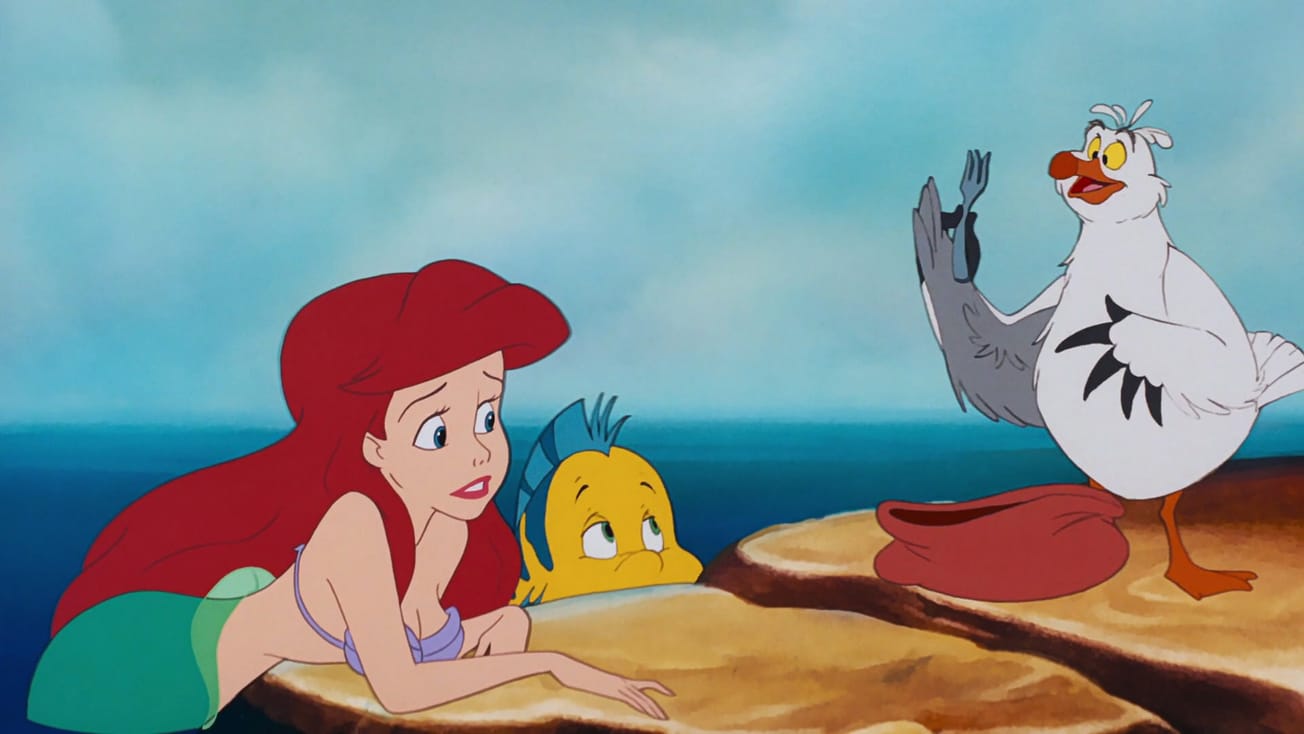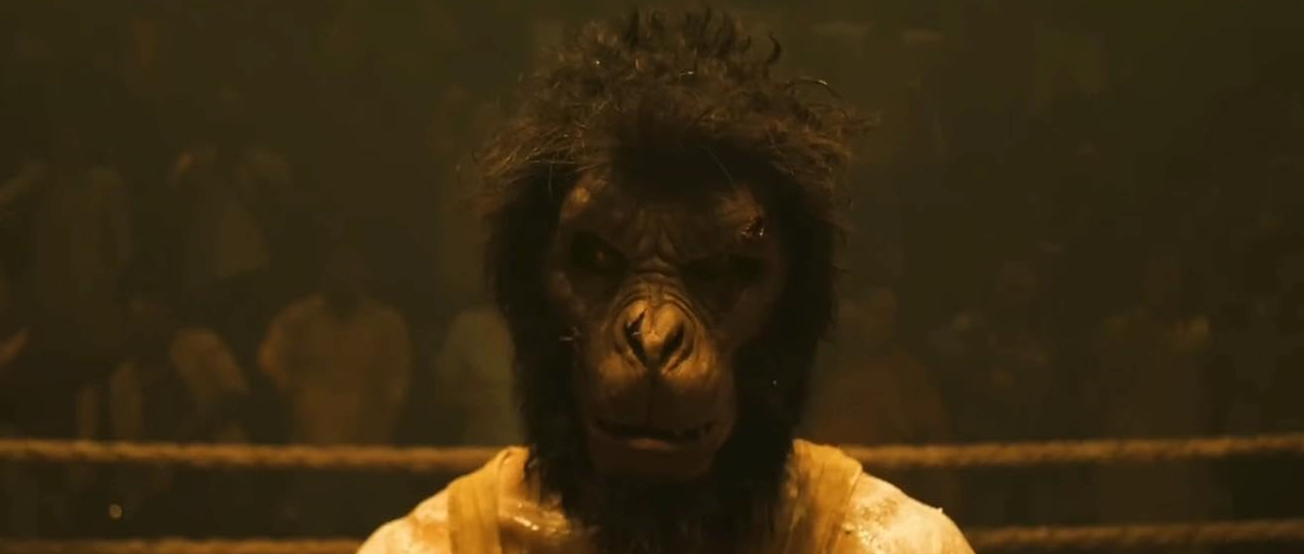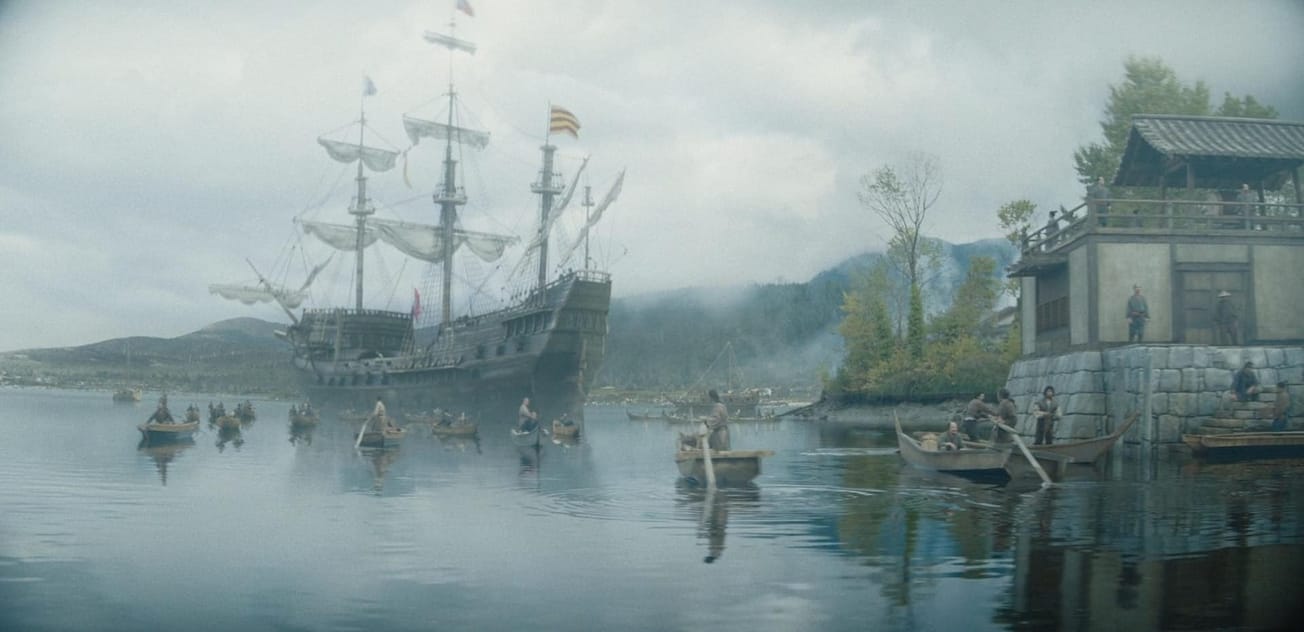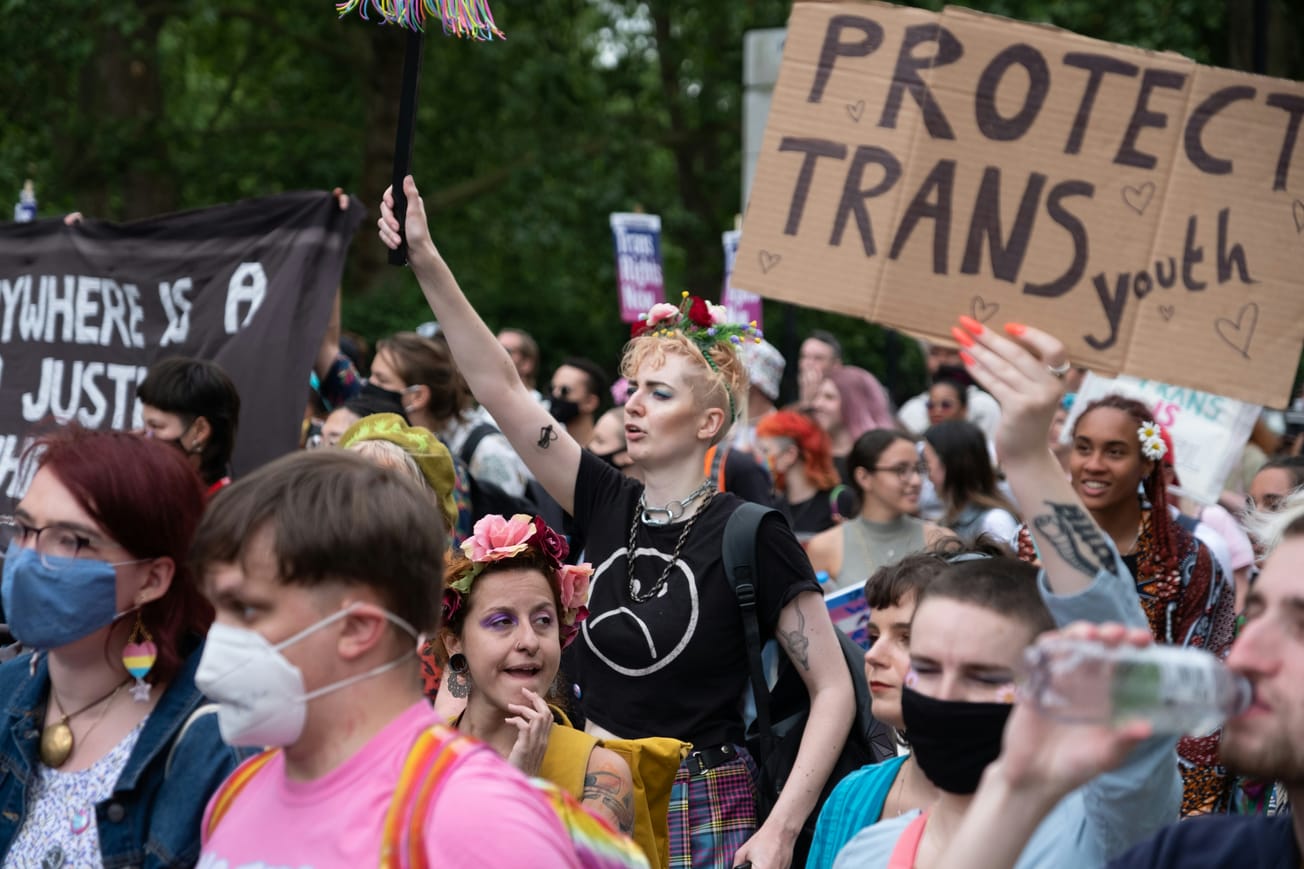By James Turnbull, Film & TV Online Editor
Bluescreen, a film festival open to anyone who brings their film along, held its first event of the year on January 30th. We visited them back in November 2018 to learn more about this celebrated mainstay of Bristol independent film.
Film is changing. As bigger and bigger studio conglomerates pump more and more resources into fewer and fewer films, truly original ideas have to struggle for air in a rapidly calcifying corporate bureaucracy that cares far more deeply about money than it ever will about art. So what happens to those ideas? The untouched, raw flashes of inspiration?
Well, often they’ll just gather dust, discarded and forgotten, next to that novel that you’re going to get round to writing some day. But sometimes something else happens. Amateurs and professionals alike roll up their sleeves, grab a camera and get to work. And events like Bluescreen are there to let their creations shine.
YouTube / JH Films
Founded in 2001, Bluescreen is an independent film festival for filmmakers of all stripes, and has called the eclectic Cube Cinema its home for nearly two decades. At the heart of the festival is a pretty radical idea: anyone can bring a film on the night and have it shown on a big screen for a real audience. As their website puts it: “bring any film in up to 20 minutes and we’ll bung them on”. It was this philosophy that brought me, camera and tripod in tow, to the final Bluescreen of 2018 in November, keen to understand what makes this fixture of the Bristol film scene tick.
Before doors opened at 7:30, Bluescreen’s crack team of organisers and volunteers toiled behind the scenes preparing The Cube for the eager viewers and nervous filmmakers heading their way. Festival hosts Steve Parsons and Tess Moore had a few minutes free to fill me in on what Bluescreen meant to them. Steve, a veteran of Bluescreen since 2002, talked to me on camera in an interview that will be available on Epigram’s website soon. Tess, on the other hand, was somewhat camera-shy, but no less enthusiastic to share her story.
Hunkered down in The Cube’s bustling backroom, flanked on all sides by boxes of equipment and stacks of colourful flyers and other documents, Tess discussed what Bluescreen meant for her and for local filmmaking in general: “I get to see a lot of short films, which is great, and they’re always changing and evolving [...] And I like the fact that we’re fulfilling this really nice function. We’ve had this continuity for 17 years now. It just feels fabulous really [to be] this place where people can just bring their films and show them... [it] really encourages people to come down with their films, professional, amateur, whatever.” The openness of the evening, the lack of barriers to showing off your work, is as much of a draw for Bluescreen’s organisers as for filmmakers.
Vimeo / Miro Caminade
Showtime was upon us, and this quirky little picturehouse was buzzing: punters and producers were sharing tips and tricks over drinks by the bar; the front desk was creaking under the weight of newly delivered USB sticks containing tonight’s scheduled entertainment; and the Cube Orchestra, led brilliantly by Marcus Valentine, were busy rescoring a selection of films from the Bluescreen archives for those who had already taken their seats in the auditorium. I could definitely see why they were so proud of this event.
Of course, I couldn’t spend the whole night hobnobbing with filmmakers and making awkward conversation with the DJ by the bar who was filling in for the regular DJ – I had some films to watch. Seats were in short supply at this stage, so I had to settle for a spot in the far left corner of the auditorium, my legs spilling into the staircase as I jotted down notes in the dark.
YouTube / Diana Taylor
Steve anchored the evening as the master of ceremonies, introducing each film and pointing out their respective directors in the audience so they could say a few words. Granted, some eschewed the spotlight: asked if he’d like to say anything about his film, one particularly verbose filmmaker answered: ‘no’. I suppose that technically counts as ‘anything’. In the projection box behind me sat Ben Edwards, BlueScreen’s projectionist-in-chief, and Dominic, himself a filmmaker whose short documentary about Bluescreen was screened a few festivals back. Their job would be to steer this ship away from technical hiccups on the horizon – a daunting task when you’re juggling dozens of clumsily organised USB sticks in a darkened room.
And so the main event was upon us. When Tess talked to me about the variety of films they get at Bluescreen, she wasn’t kidding. The dizzying smorgasbord of genres and styles was enough to induce motion sickness, veering gleefully from supernatural documentary to dark comedy, from tragedy to uplifting coming-of-age drama in the span of a couple of hours. The evening was more than just entertainment: seeing so many styles of filmmaking and storytelling was an educational experience too. Tess agreed: ‘you start to really understand the process of how you tell a story with film. So a story not told well in film, even if it’s only five minutes long, it can seem like ages’.
YouTube / Sofia de la Torre
Certain films certainly stood out in my mind. The opening feature, Masha & Dasha: 2 Hearts in One (dir. Diana Taylor), was an empathetic and moving exploration of the lives of twins conjoined at the waist and consigned to lives as medical experiments. The short but sweet Comedy Club (dir. Jacob Hughes) followed a struggling comedian’s Machiavellian transition from comic prey to predator, zeroing in on and sacrificing an anxious audience member for the laughs he needs to stay afloat. And how could I forget Blessed Be The Fruit (dir. Emily Dunlop), a baffling yet brilliant work summed up best when Steve said: ‘I don’t think we’ve ever had a fruit snuff movie shown at Bluescreen before’.
These highlights just scratch the surface of a truly memorable evening that had a more profound effect on me than I was expecting. Sure, by the end of the night I felt a surge of inspiration to produce my own short film, a surge that had subsided by the time I had walked home and rediscovered my own startling lack of talent. But, much more importantly, Bluescreen made me feel truly optimistic about what ordinary people can create. There really are brilliant ideas out there, and brilliant people who want to make them happen. If the industry closes the door on us, we’ll kick it open and show them what they’re missing.
The next Bluescreen will take place at The Cube Microplex on March 27th.
Featured Image Credit: Bluescreen/ Elena Prieto Perez
Do you have an idea for a short film? Why not make something and bring it to the next Bluescreen?
Facebook // Epigram Film & TV // Twitter









